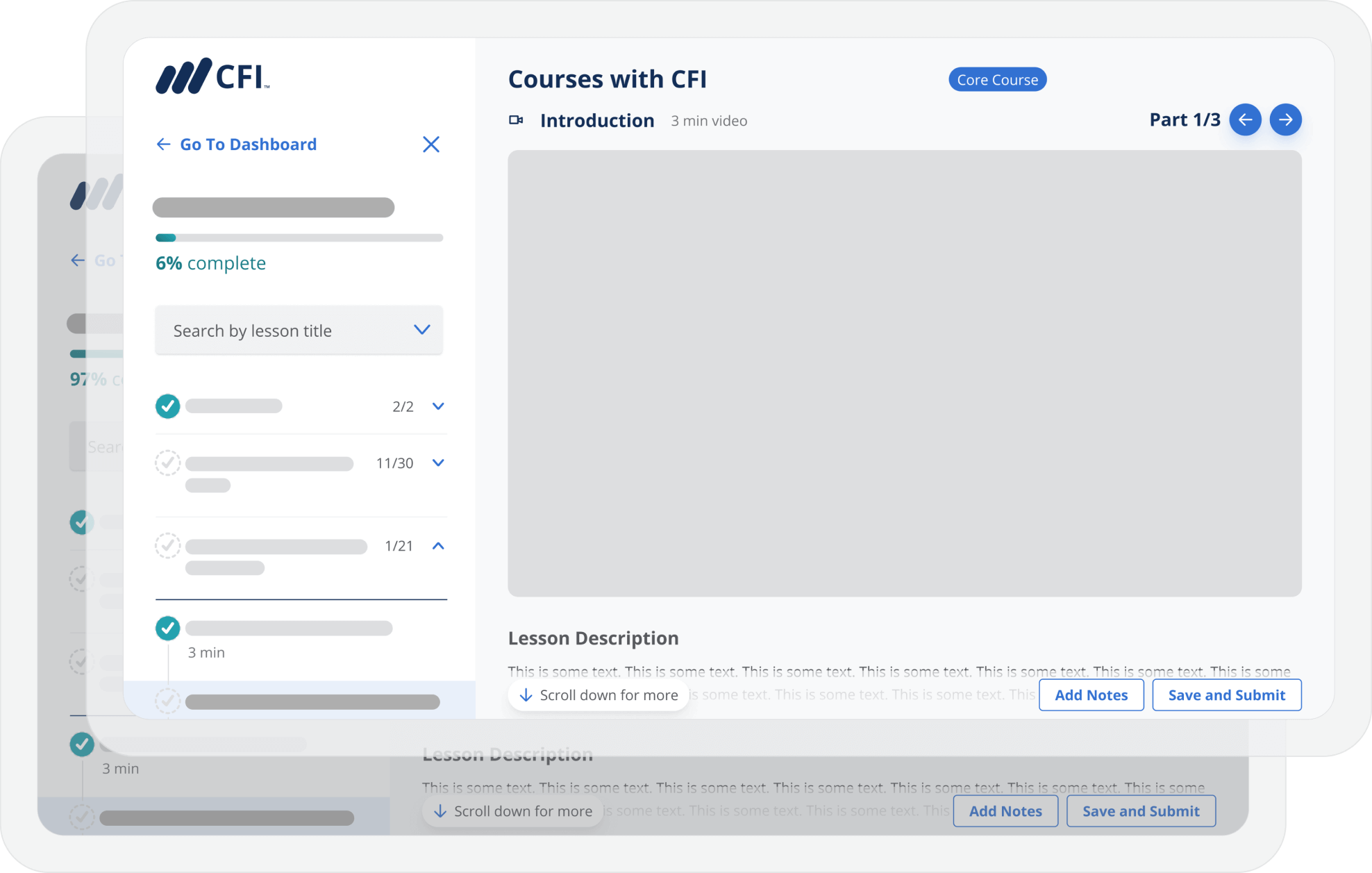Learn Commodities with CFI
Topic Overview
3 course
Consisting of over 140+ lessons
10+ interactive exercises
Learn by doing with guided simulations
Expert instructors
Learn from the very best
New courses monthly
On need-to-know subject matter
Blockchain certificate
To verify your skills
500,000+ 5 star ratings
Best-in-class training, as rated by you
Find the right Commodities course
Top Commodities Courses
Browse all coursesWhy Learn Commodities with CFI?
As a leading provider of certification programs and courses focused on finance, CFI gives you the tools you need for a future in finance. All programs are designed with the help of professional Wall Street trainers with over 20 years of experience preparing new hires for their roles in global investment banks.
Using a combination of theory and application, our courses maximize learning and retention to ensure you grasp the concepts necessary for your future career. All programs are online, flexible, and self-paced, so you can work at any time, from anywhere.
Over 75% of CFI learners report improved productivity or competency within weeks.
With our Commodities course, you can learn:
Who should take these courses?
Investment professionals
Management consultants
Financial analysts
Registered Provider: National Association of State Boards of Accountancy
All courses are accredited by the Better Business Bureau (BBB), CPA Institutions in Canada, and the National Association of State Boards of Accountancy (NASBA) in the US. Most courses qualify for verified CPE credits for CPA charter holders.
Courses include video lessons, quizzes, and final assessments.









